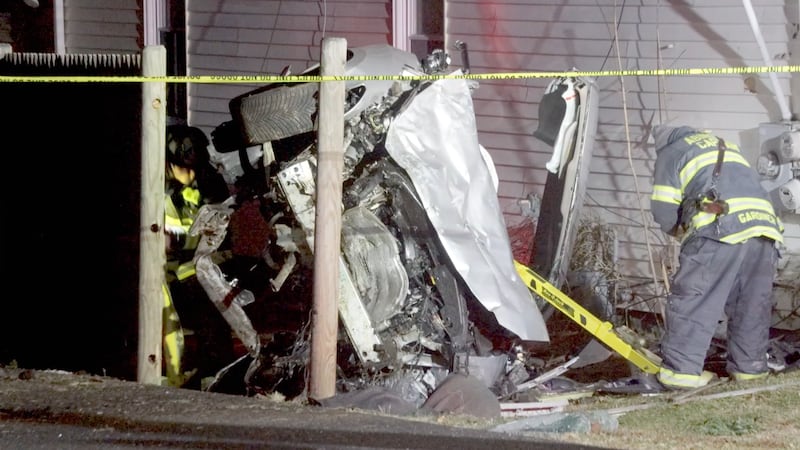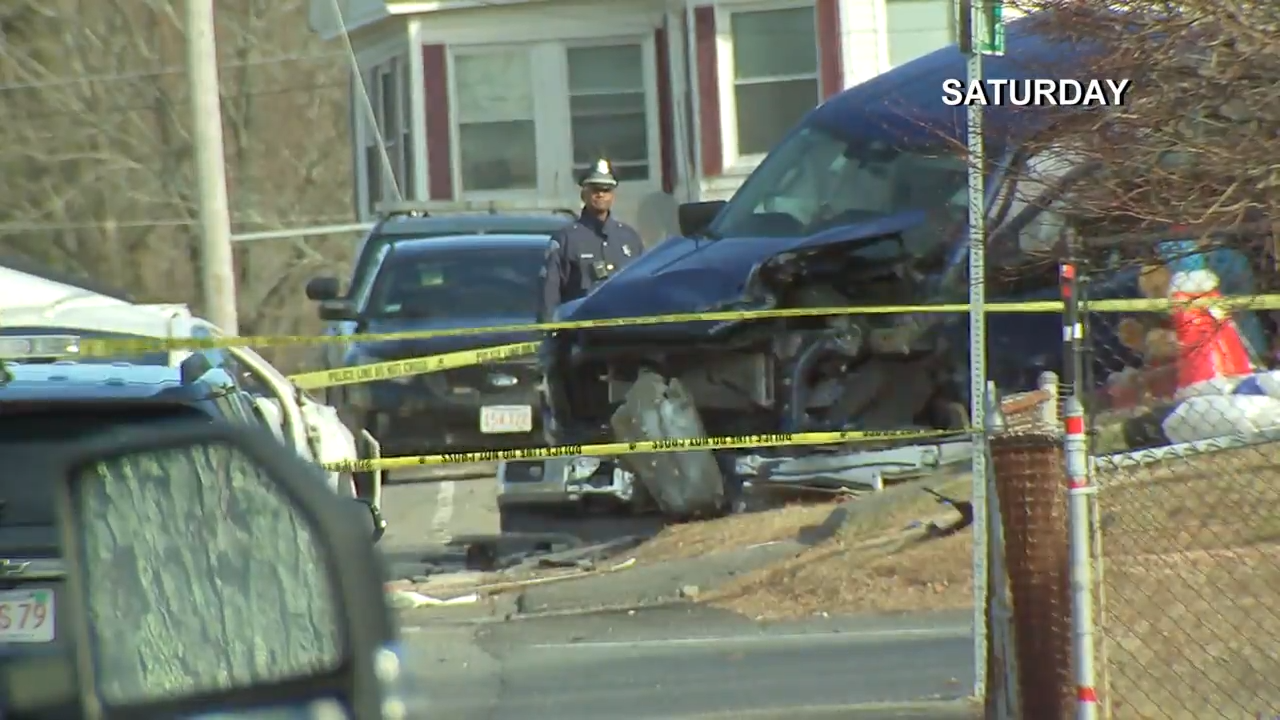BOSTON — The city of Boston and the Baker administration will partner on a centralized command structure to respond to the worsening addiction and homelessness crisis anchored in the area known as “Mass. and Cass,” where expanding tent encampments could soon face new enforcement.
After weeks of growing concern about conditions around the intersection of Massachusetts Avenue and Melnea Cass Boulevard, the Boston Public Health Commission on Tuesday declared substance use disorder, unsheltered homelessness and related issues in the city to be a public health crisis.
Acting Mayor Kim Janey also issued an executive order declaring that tents will no longer be allowed on public ways in Boston, though city employees will need to connect individuals on the streets to available shelter or treatment beds and provide advance notice before removal.
Janey said at a Tuesday afternoon press conference that the growing presence of tents on Boston streets makes it more difficult to provide outreach and treatment to those grappling with substance use disorders and mental health issues.
“To be clear, tents are not appropriate for housing. They lack clean water and adequate hygiene facilities,” Janey said. “Even more concerning, these tents have become the site of infectious diseases, sexual assault, human trafficking, potential overdoses and violence. We cannot let our most vulnerable residents continue to suffer in these encampments.”
>>MORE: ‘It’s never ever been this bad’: 100+ tents set up along Methadone Mile concern community leaders
The city’s Health and Human Services Department and the state Executive Office of Health and Human Services together stood up a new command structure that met for the first time Tuesday. That group will be tasked with tracking available shelter and treatment options, strengthening street-level interventions, and helping those in need access resources.
Details about the state’s involvement were unavailable Tuesday afternoon, a spokesperson said. No state officials spoke at the event hosted by Janey to announce the efforts.
Janey said the city would work to implement the changes “as soon as possible.”
The COVID-19 pandemic has exacerbated the already dire opioid epidemic. Last year, 2,104 Bay Staters died from confirmed and estimated opioid overdoses, a 5 percent increase over the prior year.
Janey said the city’s Office of Recovery Services has had more than 21,000 interactions with individuals on Boston streets this year and made more than 6,000 referrals to services. On average, she said, outreach workers reverse “four to five overdoses a day.”
Pressure has been growing on policymakers to intervene into what Gov. Charlie Baker last month called a “humanitarian crisis.”
The public health crisis declaration grants BPHC Executive Director Bisola Ojikutu authority to implement “any and all measures and interventions as circumstances may require” to address health issues, particularly near Mass. and Cass, where officials have warned the close cluster of tents contributed to the spread of disease and resulted in violence.
“The goal of trying to get people into treatment or support is really to help people stabilize their lives,” said Boston Chief of Health and Human Services Marty Martinez. “You can’t do that in a tent on the street when you’re being preyed on by others, so the real goal is to get people out of that environment that’s not safe for them and safe for others and be able to get them on a better pathway.”
Janey’s executive order foreshadows more enforcement to get tents and temporary shelters off the street, but it also requires the city to take steps to help those residents without criminalizing homelessness.
Individuals living in tents will receive advance notice and the chance to remove their tent or place personal items into short-term storage, and at the time of removal, city workers would need to identify shelter or treatment options.
Janey’s office plans to publish an updated homeless encampment protocol that her executive order said will “clearly state that no City of Boston employee will require an unsheltered individual to remove their encampment from public property unless there is shelter available for that individual.”
“In this instance, enforcement will be used, but only as a last resort,” Janey said. “And even then, we are working with the district attorney’s office and the courts to ensure that enforcement itself is a pathway to services, treatment and shelter. These steps are meant to mitigate the hazardous conditions that encampments pose to vulnerable individuals who need treatment and shelter.”
Beds remain available and unused, Janey said, noting that the number fluctuates day-to-day.
The Boston Public Health Commission and Department of Neighborhood Development also plan to work with other partners to make more beds available to respond to the crisis, including low-threshold housing that Martinez said would “help individuals stabilize and get ready for a pathway to housing.”
“There must be better options, and the executive order calls on us to create them,” Martinez said.
Leaders of some organizations in the area of Mass. and Cass praised the decision. Catherine D’Amato, president and CEO of the Greater Boston Food Bank, described concerns about “public safety to business owners, employees, volunteers, partner organizations and those people living on the streets.”
“Having safe passage - in our case, access to our loading docks for our drivers who distribute food to more than 600 community partners across Eastern MA - is essential to our mission,” D’Amato said in a statement. “This issue requires vigilant cross-sector leadership. We ask that Mayor Janey, and all elected officials, continue their commitment to implement their multidisciplinary plan to keep everyone safe and healthy.”
Julie Burns, president and CEO of the RIZE Massachusetts nonprofit foundation working to end the opioid epidemic, said she welcomed the city’s action and called for additional focus on providing treatment.
“There is an urgent need for evidence-based, clinically appropriate shelter with daytime recovery supports. No plan can succeed without that,” Burns said. “A bed, without the appropriate services, is simply a bed, and that will not support people on the pathway to recovery. Public and private organizations and policymakers must build unity around finding solutions to end the overdose crisis, and RIZE stands ready to support the treatment and recovery providers network and government officials to address gaps in treatment options.”
Download the FREE Boston 25 News app for breaking news alerts.
Follow Boston 25 News on Facebook and Twitter. | Watch Boston 25 News NOW
©2021 Cox Media Group






